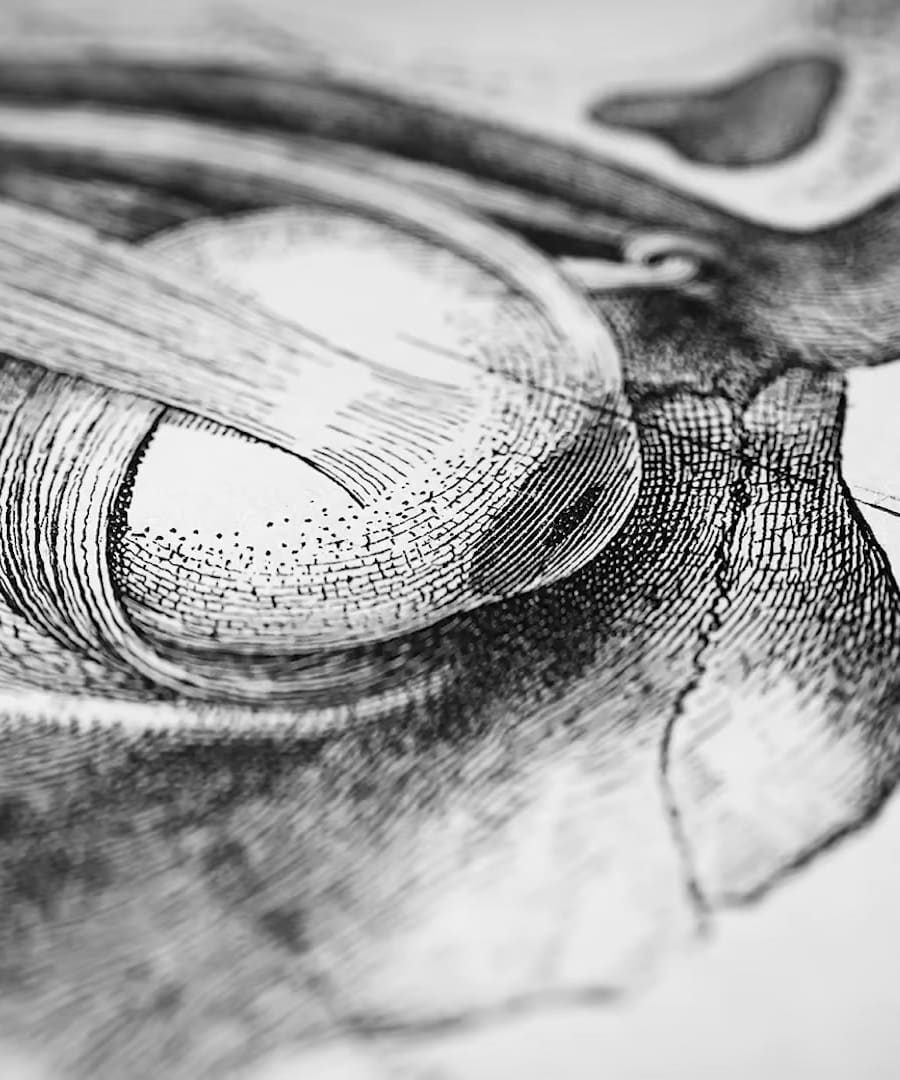Best protocols for reducing anxiety
Sources:
Here are several evidence-based protocols recommended by for reducing anxiety:
-
Journaling Protocol:
- Writing about stressful or traumatic experiences for 15-30 minutes at a time, four sessions total, can lead to long-lasting improvements in mental and physical health. This includes reductions in anxiety and other symptoms like chronic pain and insomnia. Starting with less traumatic events can help gauge tolerance to the protocol 1.
-
Breathing Techniques:
- Using cyclic physiological sighs for five minutes daily can significantly improve mood, reduce anxiety, and enhance sleep. This involves taking two inhales through the nose followed by a full exhale through the mouth, repeated continuously for five minutes 2.
-
Heat Exposure (Sauna):
- A protocol involving 12-minute exposures to 90°C environments followed by six-minute cool downs can significantly reduce cortisol levels, which can help manage stress and anxiety. This approach is accessible and low-cost if using alternative methods like a cool shower after exercise 3.
-
Short Bouts of Stress:
- Deliberately inducing short, intense stress for about five minutes a day can reverse the effects of chronic stress. This self-directed approach can be combined with recounting stressful experiences and should be done under clinical supervision, especially for those with anxiety or panic disorders 4.
-
Recalibrating Fear Responses:
- Engaging the insular cortex through controlled exposure to mild stressors can help recalibrate the intensity of fear and anxiety responses, making one less reactive to stressful stimuli 5.
Each of these protocols has scientific backing and can be adapted based on individual tolerance and needs. Always consider consulting with a healthcare provider before starting any new regimen, especially if you have existing health conditions.
RELATED QUESTIONS-
Summarize A Science-Supported Journaling Protocol to Improve Mental & Physical Health
In the episode titled , discusses how a specific journaling protocol can offer substantial benefits for both mental and physical health.
Key Points Covered:
-
Expressive Writing Protocol:
- The main method discussed involves expressive writing about stressful or traumatic experiences. Writing for 15-30 minutes per session, across four sessions, can lead to long-term improvements in mental and physical well-being.
-
Benefits of Journaling:
- Significant reductions in anxiety, chronic pain, and insomnia.
- Enhanced emotional healing and immune system activation.
-
Mechanisms and Tips:
- The technique helps in processing and integrating emotional experiences, which rewires the brain through neuroplasticity.
- Tips for effective writing sessions include choosing a quiet space, being honest and non-judgmental in your writing, and giving yourself time to reflect afterward.
-
Impact on Language and Emotions:
- Discusses the role of language in emotional states and how journaling can help uncover and process underlying truths, leading to increased honesty and emotional clarity.
By being consistent with this journaling practice, individuals can see transformative effects, making it a valuable, science-supported tool for improving both mental and physical health.
RELATED QUESTIONS-
What are the specific benefits of journaling?
Sources:
Journaling, particularly the protocol discussed in , offers numerous benefits for mental and physical health, according to .
Specific Benefits of Journaling:
-
Mental Health Improvements:
- Reduced Anxiety and Depression: The expressive writing protocol has shown significant reductions in anxiety and depressive symptoms. It aids emotional regulation and helps process traumatic experiences 1 2.
- Enhanced Sleep: Writing down worries and stressful thoughts before bed can reduce the time it takes to fall asleep by 50% and helps manage nighttime rumination and anxiety 3.
- Accelerating Therapy Progress: Journaling can accelerate the benefits of talk therapy and other treatments for conditions like PTSD and depression by providing a structured way to express and understand emotional pain 1.
-
Physical Health Benefits:
- Improved Immune Function: Consistent journaling can lead to improved immunity against common illnesses like colds and flu, as well as reduce symptoms of autoimmune disorders like arthritis and lupus 4 2.
- Pain Relief: Conditions such as fibromyalgia and chronic pain have shown significant symptom improvement following this journaling practice. The protocol helps manage and reduce chronic pain over time 2.
- Alleviated IBS Symptoms: People suffering from irritable bowel syndrome (IBS) have reported symptom relief, suggesting journaling's role in managing stress-related physical conditions 2.
-
Cognitive and Emotional Gains:
- Better Decision Making and Memory: The structured protocol can lead to improvements in cognitive functions such as decision-making and memory retention 4.
- Emotional Processing and Clarity: The act of truth-telling in writing helps individuals draw connections and make sense of their experiences, promoting neuroplasticity and emotional healing 1 5.
By integrating these benefits into routine practices, individuals can significantly enhance both their mental and physical well-being through a simple, yet effective journaling method.
RELATED QUESTIONS-
Best protocols for reducing anxiety
- RELATED QUESTIONS
Summarize A Science-Supported Journaling Protocol to Improve Mental & Physical Health
- RELATED QUESTIONS
What are the specific benefits of journaling?
- RELATED QUESTIONS









